
 By Dot Lucci, M.Ed., CAGS
By Dot Lucci, M.Ed., CAGS
Director of Consultation and Psychoeducational Counseling Services, NESCA
We use the start of every new year as motivation to set goals for ourselves, and we often ask children to do the same thing. A New Year’s Resolution is a tradition, in which we set our mind, heart, and spirit to change an undesired trait or behavior, accomplish a personal goal, or otherwise improve ourselves in some tangible way. We may set a goal to lose weigh, exercise more, eat less sugar, meditate daily for five minutes, do homework without a fuss, help out with chores around the house, or walk the dog when my parents ask, etc. Often, we make New Year’s Resolutions, but we don’t usually accomplish them. Within a month or so, we start slipping back into our old ways. Habits are hard to change, and we are resistant to change – it is partly due to our wiring. So, if you are one of these people who has good intentions and sets New Year’s Resolutions then fails, know you are not alone. Hopefully, this fact can help you feel less shame and guilt when you “fail” at keeping them.
I’d like to suggest that if you decide to set a New Year’s Resolution, you do it with yourself and other people in mind. There is so much angst and strife in the world right now that if we resolve to be kinder, gentler, and more patient with ourselves and each other, the world would be a better place.
One idea is to make group resolutions that impact the functioning of the collective. For instance, we could consider Family New Year’s Resolutions or Classroom New Year’s Resolutions. With this in mind, here are some sample suggestions for New Year’s Resolutions for families, classrooms, parents, teachers, and children. Keep your resolution(s) manageable – i.e., only pick one that you are truly committed to working on and putting the energy into changing, as your brain is partly “against you” changing! As they say, “May the Force Be With You!”
General New Year’s Resolutions
- Sleep – It’s important for everyone, so try to set bedtimes for everyone and stick to them (parents included). Bedtimes should be different depending upon the ages of each child. Getting more sleep may afford us the ability to be more patient with others.
- Unplug – Take time to unplug from your devices for an hour or more every day. Go for a walk, talk to each other, get the kids involved in preparing the dinner, play a board game. (i.e., take part in old fashioned “family time”). Unplugging affords us the opportunity to be more connected with each other, and being with others (Social Engagement) has been proven to improve one’s quality of life.
For All of Us:
- Develop patience and compassion when you mess up, as you will mess up.
- Develop patience and compassion with others because they, too, will mess up.
- Develop a calming practice if you do not currently have one. Stress happens and is a “silent killer” (i.e., higher blood pressure, poor eating habits, etc.). We have smart watches that can remind us to take a breath…set it to remind yourself. Come back to your breath in moments of stress. Just a few minutes a day mindfully breathing can lower your heart rate and, over time, lower your blood pressure and reduce cortisol (a stress hormone) in your body.
- Listen more/Talk less.
For Classrooms:
- Encourage each student to identify one area related to Personal Growth (i.e., ask more questions in class, volunteer to help another classmate, remain calm when challenged academically, etc.). I will ___Settle Down___ when asked by the teacher by the end of the count; show ___Kindness___ to others in my class by___; Ask more questions; volunteer to ___.
For Teachers:
- Start the New Year off with renewed energy and reimagine equity in your classroom.
- Talk about fairness – Fair doesn’t mean equal; it means everyone gets what they need to succeed.
- Talk about school-based stressors/triggers for students (i.e., a certain subject/activity type, tests/quizzes, speaking in front of the class, etc.). Teach them that stress is a normal part of life, then teach them simple stress-reduction techniques (i.e., mindfulness, deep breathing, yoga poses, etc.) they can weave into their day.
- Teach students about perseverance, grit, and effort and how they are all entwined. Involve students in identifying when they are using them.
For Parents:
- Self-care – Priority #1 for parents. Just like the airlines say, “Put your own oxygen mask on first.” Define what this means for you and make a plan to stick with it. One small step at a time.
- “Be Present” with your kids. Often, we are “with” our kids a lot, but are we truly present in mind and body? Usually not; we are doing something else when they are talking to us (i.e., cooking, paying attention to our phones, packing lunches, etc.), so our attention is split. Try taking 10 minutes every day with each of your kids to be truly present in mind and body with your attention solely on them in the moment.
- Talk with your children about home/life stressors/triggers (i.e., not getting to do what they want, having to do something they don’t want to do, moving from a preferred to non-preferred activity, etc.). Teach them that stress is a normal part of life, then teach them simple stress-reduction techniques (see above) and work together to weave them into the day. Model practicing them yourself!
- Show gratitude for their words and actions.
Here’s to hoping we are blessed in 2024 with more peace in our hearts and a kinder, gentler, and more compassionate family, classroom, and world!
Resources on these topics:
Keeping Resolutions
- https://www.washingtonpost.com/news/wonk/wp/2018/01/01/the-science-of-keeping-your-new-years-resolution/
- https://www.scientificamerican.com/article/new-years-resolutions-are-notoriously-slippery-but-science-can-help-you-keep-them/
Family Resolutions
- https://www.gottman.com/blog/make-new-years-resolutions-family-affair/
- https://www.health.harvard.edu/blog/three-new-years-resolutions-all-families-can-and-should-make-2018010213007
Stress & the Body
Awesome Year by Kid President
About the Author
NESCA’s Director of Consultation and Psychoeducational Services Dot Lucci has been active in the fields of education, psychology, research and academia for over 30 years. She is a national consultant and speaker on program design and the inclusion of children and adolescents with special needs, especially those diagnosed with Autism Spectrum Disorder (ASD). Prior to joining NESCA, Ms. Lucci was the Principal of the Partners Program/EDCO Collaborative and previously the Program Director and Director of Consultation at MGH/Aspire for 13 years, where she built child, teen and young adult programs and established the 3-Ss (self-awareness, social competency and stress management) as the programming backbone. She also served as director of the Autism Support Center. Ms. Lucci was previously an elementary classroom teacher, special educator, researcher, school psychologist, college professor and director of public schools, a private special education school and an education collaborative.
research and academia for over 30 years. She is a national consultant and speaker on program design and the inclusion of children and adolescents with special needs, especially those diagnosed with Autism Spectrum Disorder (ASD). Prior to joining NESCA, Ms. Lucci was the Principal of the Partners Program/EDCO Collaborative and previously the Program Director and Director of Consultation at MGH/Aspire for 13 years, where she built child, teen and young adult programs and established the 3-Ss (self-awareness, social competency and stress management) as the programming backbone. She also served as director of the Autism Support Center. Ms. Lucci was previously an elementary classroom teacher, special educator, researcher, school psychologist, college professor and director of public schools, a private special education school and an education collaborative.
Ms. Lucci directs NESCA’s consultation services to public and private schools, colleges and universities, businesses and community agencies. She also provides psychoeducational counseling directly to students and parents. Ms. Lucci’s clinical interests include mind-body practices, positive psychology, and the use of technology and biofeedback devices in the instruction of social and emotional learning, especially as they apply to neurodiverse individuals.
To book a consultation with Ms. Lucci or one of our many expert clinicians, complete NESCA’s online intake form. Indicate whether you are seeking an “evaluation” or “consultation” and your preferred clinician/consultant/service in the referral line.
NESCA is a pediatric neuropsychology practice and integrative treatment center with offices in Newton, Plainville, and Hingham, Massachusetts; Londonderry, New Hampshire; and the greater Burlington, Vermont region, serving clients from infancy through young adulthood and their families. For more information, please email info@nesca-newton.com or call 617-658-9800.

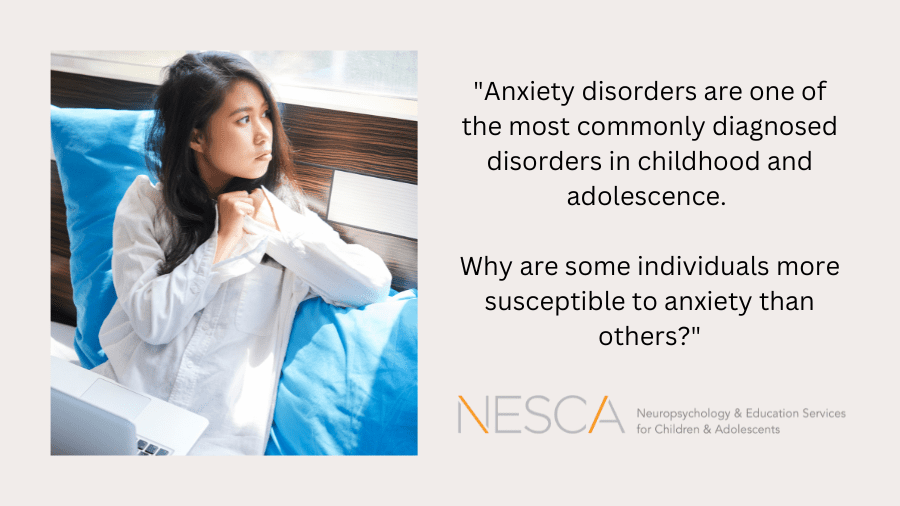

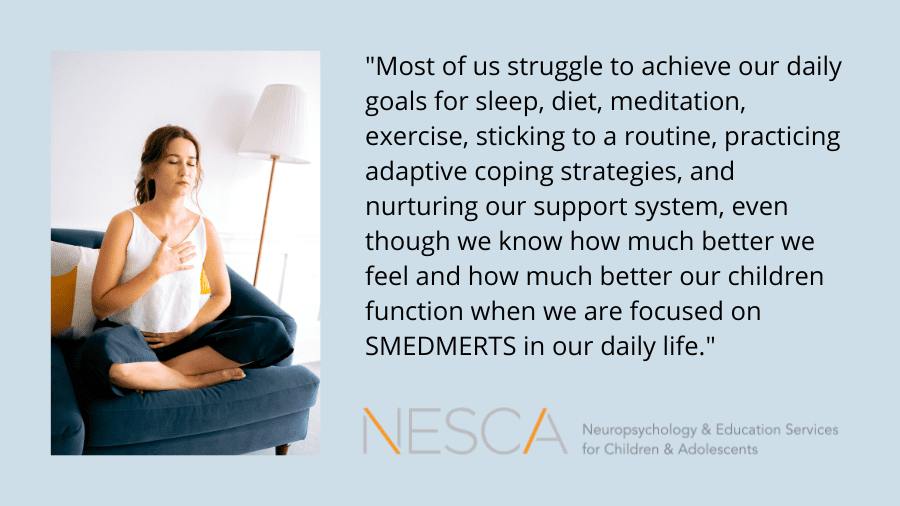
 neuropsychologist who has been practicing for almost 20 years. In 1996, she jointly founded the Children’s Evaluation Center (CEC) in Newton, Massachusetts, serving as co-director there for almost ten years. During that time, CEC emerged as a leading regional center for the diagnosis and remediation of both learning disabilities and Autism Spectrum Disorders.
neuropsychologist who has been practicing for almost 20 years. In 1996, she jointly founded the Children’s Evaluation Center (CEC) in Newton, Massachusetts, serving as co-director there for almost ten years. During that time, CEC emerged as a leading regional center for the diagnosis and remediation of both learning disabilities and Autism Spectrum Disorders.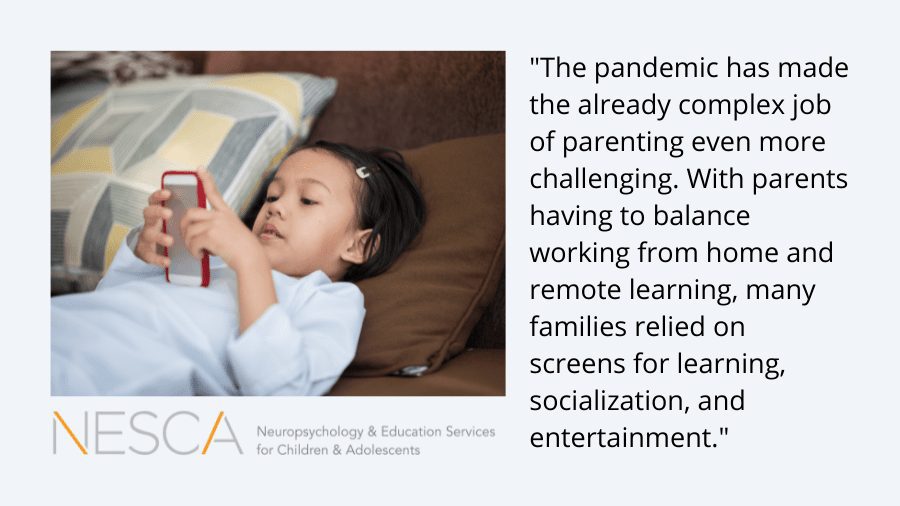
 M.A. from Antioch New England in Applied Psychology. She also worked as an elementary school counselor and school psychologist for 15 years before embarking on her doctorate. During her doctorate, she did her pre-doctoral internship with RIT in Rochester, N.Y. where she worked with youth ages 5-17 who had experienced complex developmental trauma. Dr. Hess’s first post-doctoral fellowship was with The Counseling Center of New England where she provided psychotherapy and family therapy to children ages 5-18, their families and young adults. She also trained part-time with a pediatric neuropsychologist conducting neuropsychological evaluations.
M.A. from Antioch New England in Applied Psychology. She also worked as an elementary school counselor and school psychologist for 15 years before embarking on her doctorate. During her doctorate, she did her pre-doctoral internship with RIT in Rochester, N.Y. where she worked with youth ages 5-17 who had experienced complex developmental trauma. Dr. Hess’s first post-doctoral fellowship was with The Counseling Center of New England where she provided psychotherapy and family therapy to children ages 5-18, their families and young adults. She also trained part-time with a pediatric neuropsychologist conducting neuropsychological evaluations.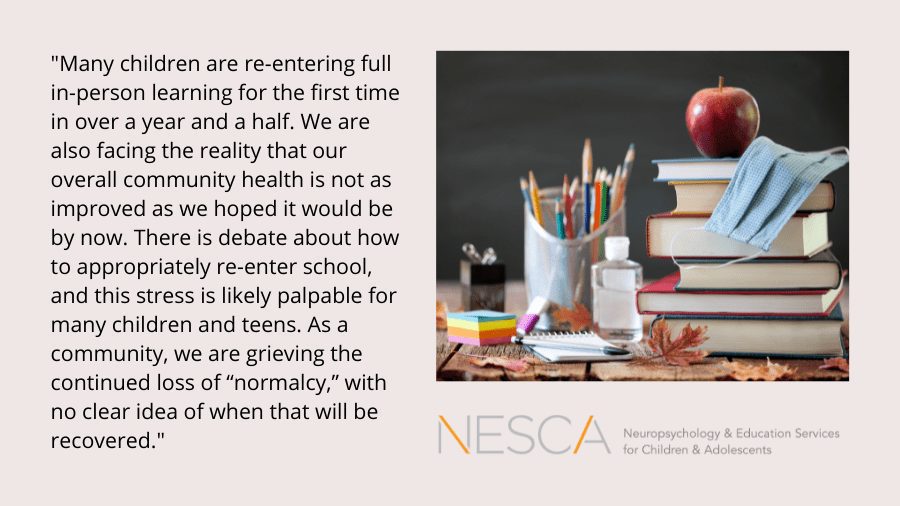
 Londonderry, NH office. She specializes in the evaluation of anxious children and teens, working to tease apart the various factors lending to their stress, such as underlying learning, attentional, or emotional challenges. She particularly enjoys working with the seemingly “unmotivated” child, as well as children who have “flown under the radar” for years due to their desire to succeed.
Londonderry, NH office. She specializes in the evaluation of anxious children and teens, working to tease apart the various factors lending to their stress, such as underlying learning, attentional, or emotional challenges. She particularly enjoys working with the seemingly “unmotivated” child, as well as children who have “flown under the radar” for years due to their desire to succeed. By:
By: 
 unique pattern of strengths and weaknesses to best formulate a plan for intervention and success. With experiences providing therapy and assessments, Dr. Creedon bridges the gap between testing data and therapeutic services to develop a clear roadmap for change and deeper of understanding of individual needs.
unique pattern of strengths and weaknesses to best formulate a plan for intervention and success. With experiences providing therapy and assessments, Dr. Creedon bridges the gap between testing data and therapeutic services to develop a clear roadmap for change and deeper of understanding of individual needs.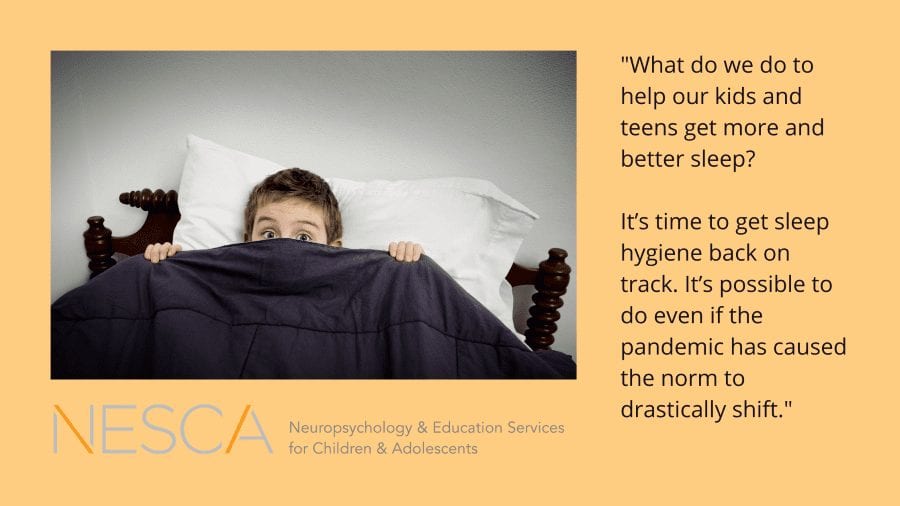

Connect with Us